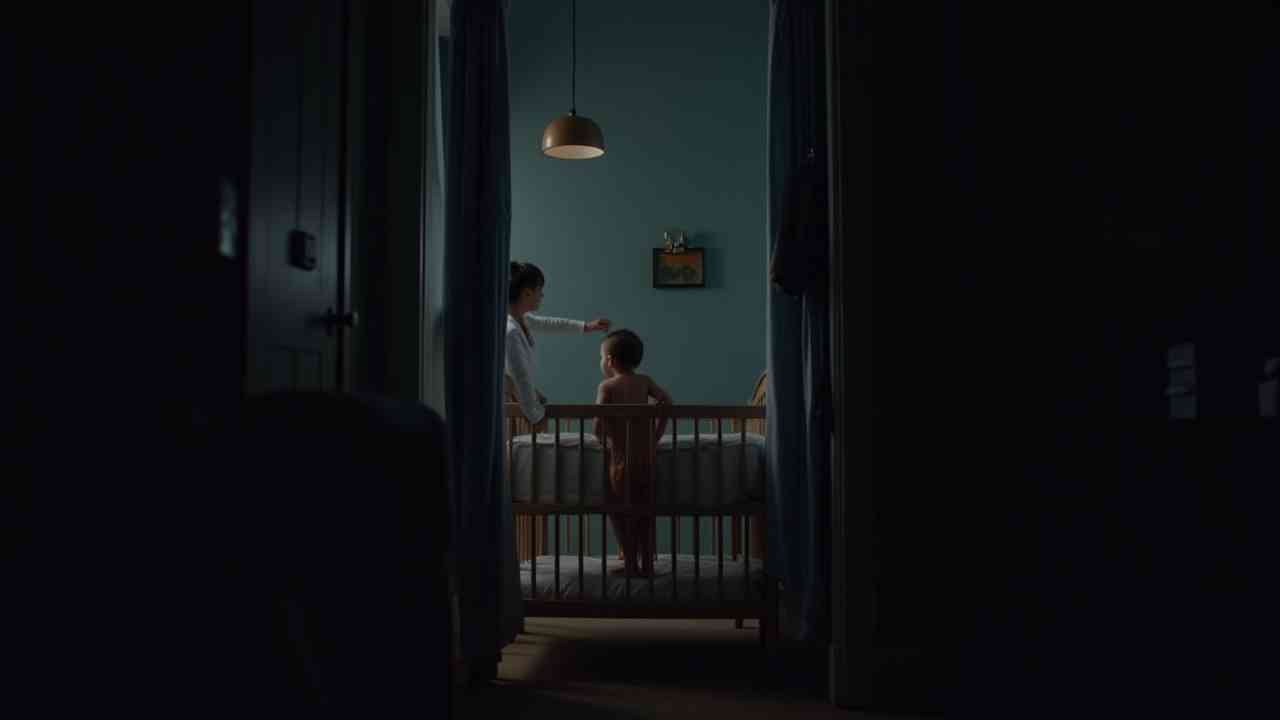
💤 A Parent's Guide to the 10-Month-Old Sleep Schedule (& Regression!)
💤 Your 10-Month-Old's Sleep Schedule (and the Standing Regression!) 💤
At 10 months old, your baby is a whirlwind of activity. They are likely mastering major new skills like pulling to a stand and cruising along furniture. This is an exciting developmental leap, but it often comes with a frustrating side effect: a major disruption to sleep. This is commonly known as the 8-10 month sleep regression.
If your previously good sleeper is now having long bedtime battles, fighting naps, and treating their crib like a jungle gym, you are not alone. This is a very common and normal phase. Sticking to a consistent 10 month old sleep schedule is the key to navigating it successfully.
This guide will explain what a typical schedule looks like and why this regression is happening. Let's get your family back to more restful nights. 💪
🤔 What Does a Typical 10-Month-Old's Sleep Schedule Look Like?
By 10 months, your baby is firmly on a two-nap schedule. Their sleep patterns are becoming more predictable and mature. Understanding their wake windows is the key to a smooth day. Here are the average sleep numbers for this age:
- Total Sleep: About 12 to 14 hours in a 24-hour period.
- Nighttime Sleep: 10 to 12 hours.
- Daytime Sleep: 2 to 3 hours, divided into two naps.
- Wake Windows: The time your baby can happily stay awake between sleeps is typically between 3 and 4 hours.
What is a good sample schedule?
A good 10 month old sleep schedule is all about balance. This is just a template, so adjust it based on your child's individual needs.
- 7:00 AM: Wake up
- (3-hour wake window)
- 10:00 AM - 11:15 AM: Nap 1
- (3.5-hour wake window)
- 2:45 PM - 4:00 PM: Nap 2
- (3.5-hour wake window)
- 7:30 PM: Bedtime
🤯 Why is Your 10-Month-Old Suddenly Fighting Sleep?
This regression is all about development. Your baby's brain is making huge leaps, and their body is learning amazing new things. This excitement can easily override their desire to sleep.
Are they practicing new physical skills?
Yes! This is the number one cause. Your baby is mastering pulling to a stand and cruising. Their crib is the perfect safe place to practice these new skills, day or night. They would often rather practice standing than lie down to sleep.
Is separation anxiety still a factor?
Separation anxiety is at its peak around this age. Your baby now fully understands that you can leave the room, and they don't want you to. This can cause them to become upset at bedtime or when they wake up at night.
Are they ready to drop a nap?
Almost certainly not! Many parents mistake this nap strike for a sign that their baby is ready for one nap. However, most babies are not ready to transition to one nap until around 15-18 months. Dropping the nap too early will only lead to an overtired baby, which makes sleep even worse.
✅ What Are the Best Strategies for This Phase?
The key to getting through this phase is consistency. Your baby needs the security of a predictable routine. This is your most powerful tool.
1. Stick to Your Routine: A calm, 20-minute bedtime routine is a powerful signal that sleep is coming. The cozy, cool autumn evenings are perfect for a warm bath, pajamas, a book, and a gentle song to help your baby wind down. 🍂
2. Don't Create New Habits: It can be tempting to start rocking or feeding your baby to sleep again just to get them to settle. Try to avoid this. It can create a new sleep crutch that you will have to break later.
3. Let Them Figure it Out: If your baby stands up in the crib, give them a moment. Let them try to figure out how to get back down on their own. They are learning a new skill. Resist the urge to rush in and lie them down immediately.
This challenging phase typically lasts for three to six weeks. It will pass as your baby masters their new skills. Stay consistent, and you will all be sleeping more soundly again soon. ❤️